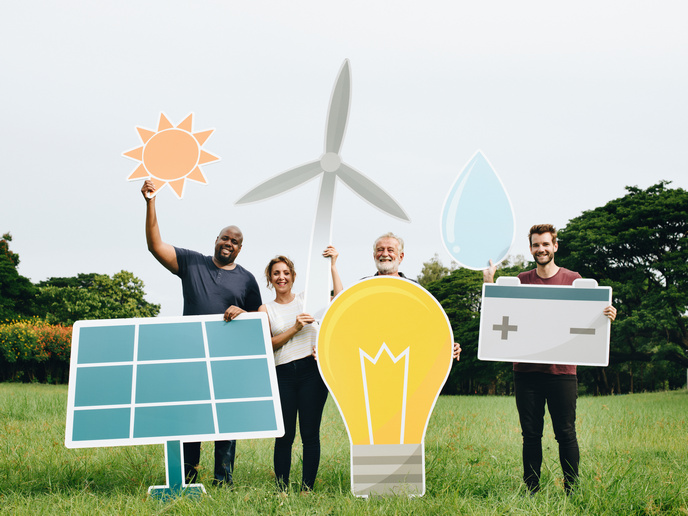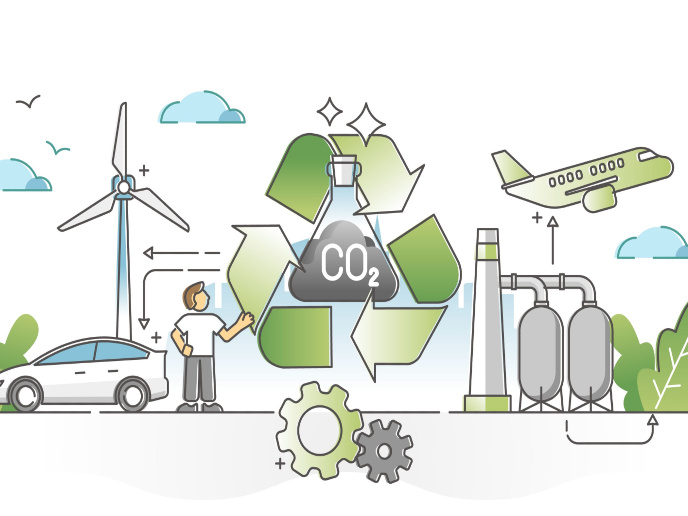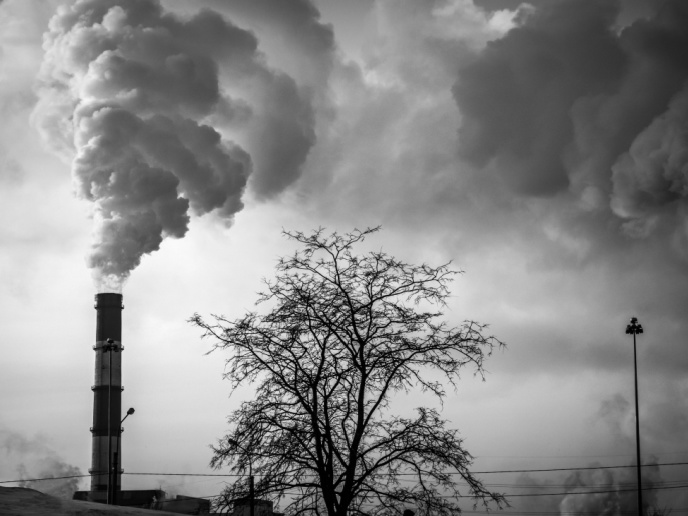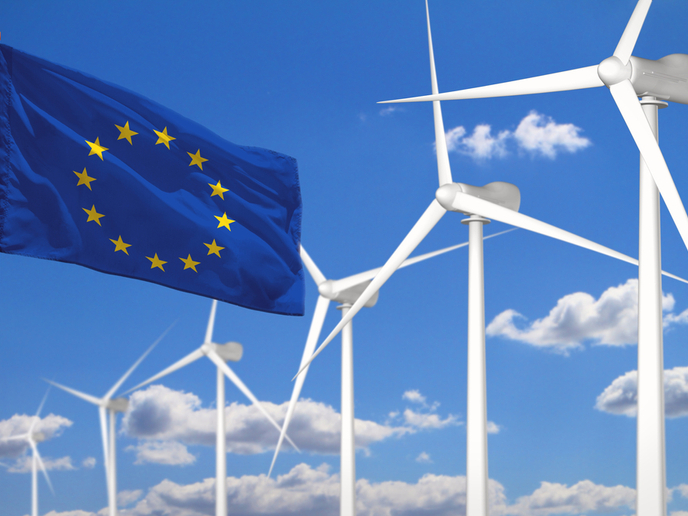Empowering energy-poor citizens to mitigate energy poverty
The European Green Deal sets out to ensure an energy transition that is socially just and inclusive. It supports the transformation of the EU into a fair and prosperous society with a modern and competitive economy. The EU-funded POWERPOOR project developed support programmes for energy-poor citizens, ensuring they will be part of the clean energy transition. It provides tools to municipalities, citizens and relevant stakeholders to identify households in energy poverty, assess their energy consumption and implement behavioural changes and low-cost small-scale energy efficiency interventions to reduce their energy expenses. The project also supported energy-poor households to participate in joint energy initiatives or to leverage innovative financing schemes. “We also go a step further by encouraging the operation of energy communities or cooperatives. We seek to guide individuals on leveraging innovative financing schemes such as crowdfunding to enhance energy efficiency or establish an energy community,” notes project coordinator Eleni Kanellou.
A citizen-centric approach
POWERPOOR is fostering knowledge and experience-sharing, showcasing best practices and providing necessary tools and know-how to stakeholders. This ranges from interested individuals to policy makers and municipalities eager to take action in their regions to alleviate energy poverty. “The POWERPOOR approach places citizens at the heart of the solution. It trains and certifies energy supporters and mentors, who act as local heroes working to mitigate energy poverty,” adds Kanellou. Energy supporters are citizens engaging with energy-poor households and providing advice to implement energy efficiency interventions. Energy mentors typically collaborate with a municipality to support energy-poor households' participation in energy communities, as well as to set-up alternative financing schemes, such as crowdfunding campaigns.
Project activities
POWERPOOR activities were implemented across eight countries across Europe – Bulgaria, Croatia, Greece, Spain, Estonia, Hungary, Latvia and Portugal. “We developed four training modules covering a range of topics, including understanding energy poverty, conducting home energy audits, engaging with energy-poor households, innovative financing schemes and planning actions to mitigate energy poverty on a local scale,” highlights Kanellou. In total, 1 178 energy supporters and mentors have been trained and certified, out of the more than 2 200 individuals who followed the 66 POWERPOOR training activities organised. A broad network to support energy poverty alleviation was therefore created. By the project end, 23 energy poverty alleviation offices (EPAOs) staffed by energy mentors were established across various municipalities in the target countries. The offices serve as a One-Stop-Shop of all the POWERPOOR related information. Local authorities, through the EPAOs, found an efficient way to prove their interest and care for the citizens. In total, more than 7 700 energy-poor households were directly supported by energy supporters and mentors through home visits or consultations. “Municipalities that have adopted the POWERPOOR approach and established an energy poverty alleviation office can serve as beacons of information on how to operate a one-stop shop for energy-related services. They can share their experiences regarding the operation of such offices and discuss the challenges they have faced,” underlines Kanellou.
Innovative integrated solution for mitigating energy poverty
Project partners have also unveiled a user-friendly toolkit, featuring three ICT tools for citizens and energy supporters and mentors. In practice, these tools assist users in identifying whether they are energy poor, assessing their energy consumption and proposing customised behavioural changes and small-scale energy efficiency interventions, and providing information and practical tools on collective energy actions. The toolkit also includes an energy poverty guidebook for energy planning that that contains information on how to incorporate the POWERPOOR approach in local energy planning for municipalities. 52 municipalities across Europe included the POWERPOOR approach as a way to mitigate energy poverty in their Sustainable Energy and Climate Action Plans (SECAPs) or other action plans. “POWERPOOR used a diverse array of strategies to guide households out of energy poverty towards an improved quality of life. These programmes targeted those struggling with energy costs and promoted alternative financing methods. Energy supporters and mentors providing local support were at the heart of this effort,” concludes Kanellou.
Keywords
POWERPOOR, energy poverty, energy mentors, energy supporters, energy poor households, vulnerable households, municipalities, financing, energy communities, energy cooperatives, just energy transition, energy efficiency







